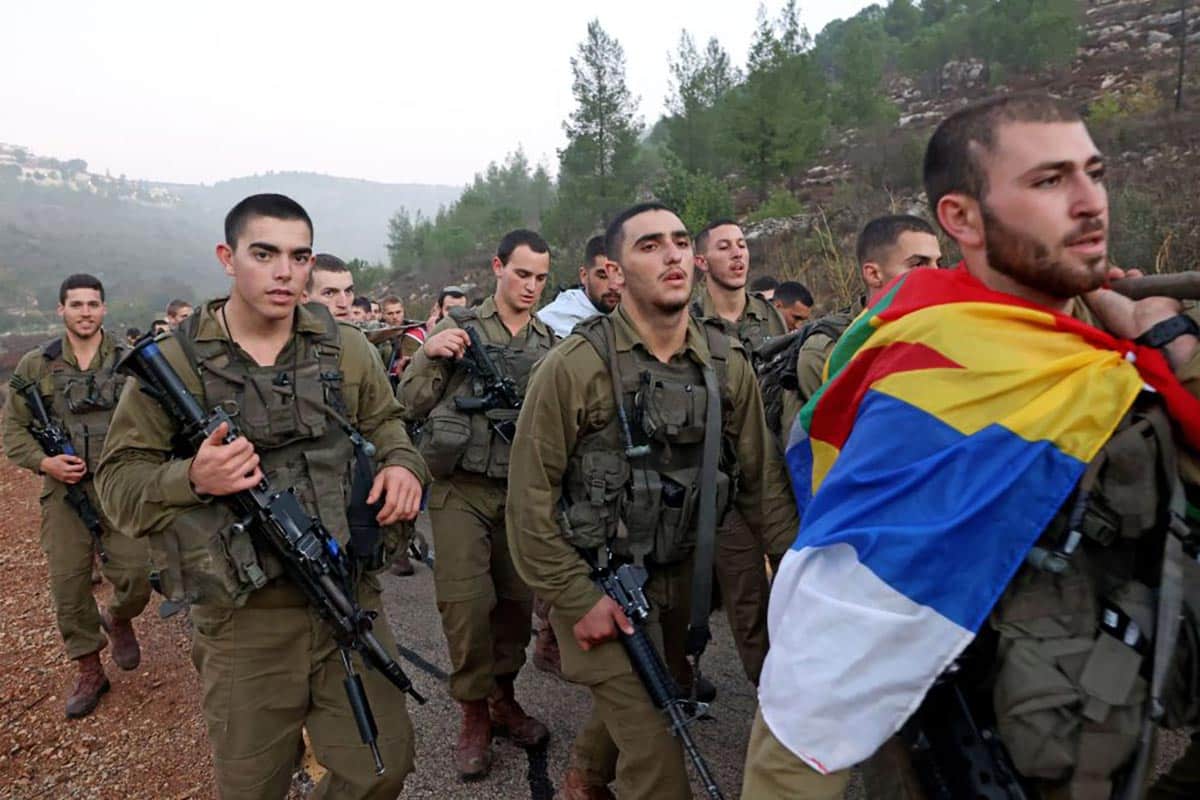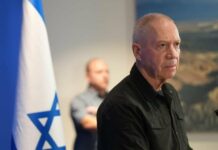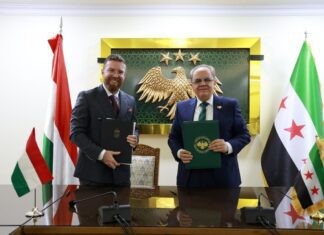
Reports of Israeli military and financial backing for separatist Druze movements in southern Syria’s Suwayda province are raising alarms in Damascus and across the region, as Druze spiritual leader Hikmat al-Hijri publicly renews his call for full independence from the Syrian state.
Speaking to Sky News Arabia on October 27, Hijri said his “vision is based on the complete independence of Suwayda Governorate,” calling self-determination “an irrevocable right.” He accused the Syrian government of obstructing negotiations over more than 600 abductees and of “falsifying the facts” surrounding recent clashes in the province.
Hijri’s comments followed an earlier letter addressed to the UN and Arab League in which he referred to the area as “Jabal al-Bashan,” a Hebrew term for Mount Arabia that appears in the Torah. Analysts and regional figures, including former Lebanese Progressive Socialist Party leader Walid Jumblatt, have condemned the term’s use as an attempt to curry favor with Israel and “distort the national identity” of the Druze community.
Alleged Israeli Aid to Local Militias
Field sources cited by Reuters and Druze leaders familiar with the situation reported that roughly 3,000 fighters in Suwayda are receiving Israeli support, including rifles, ammunition and monthly salaries. The sources said the assistance aims to unify local Druze factions and create a security buffer against Syrian government forces south of Damascus.
The Hebrew-language newspaper Maariv reported that the effort coincides with indirect US-brokered talks between Tel Aviv and Damascus, intended to produce a limited security agreement that would revive the 1974 cease-fire lines and reduce Israeli airstrikes inside Syria. The talks, initially held in Baku and later in Paris, reportedly remain tense, with Damascus rejecting any proposal involving recognition of Israel’s annexation of the occupied Golan Heights.
Meanwhile, Syrian Foreign Minister Asaad al-Shaibani has denounced Hijri’s independence drive and the reported Israeli involvement. In an October 18 interview he described Suwayda as a “Syrian wound” that must be healed internally, saying that “internationalizing the file serves foreign agendas.”
Regional Reactions and Rising Tensions
Lebanese Druze leader Jumblatt warned that renaming Suwayda’s mountainous region with a Hebrew term represents “a distortion of history and national belonging,” urging reconciliation and investigation rather than separation. “Suwayda is an integral part of the Syrian homeland,” he said in a televised interview on October 24, calling the recent Israeli flag-raising in the province “a condemned and rejected act.”
The situation in Suwayda remains fragile following July’s deadly clashes between Druze militias and Bedouin tribes, which left hundreds dead before a US-mediated cease-fire took effect. Syrian officials insist that accountability and justice, not secession, are the path to stability.
As Hijri continues to call for international recognition and Israeli-linked networks expand their reach, Suwayda stands at the center of a growing struggle over Syria’s territorial integrity—one that could reshape the country’s southern frontier.








